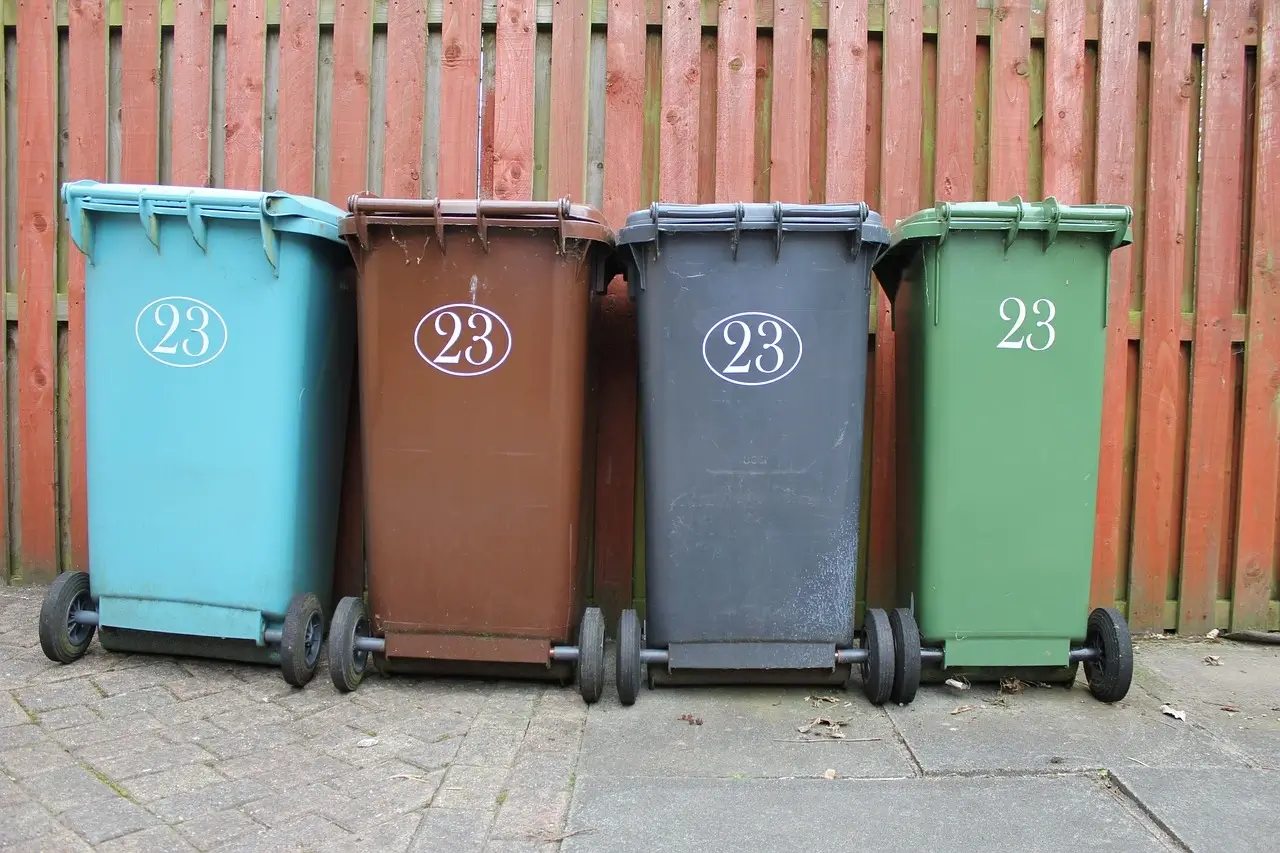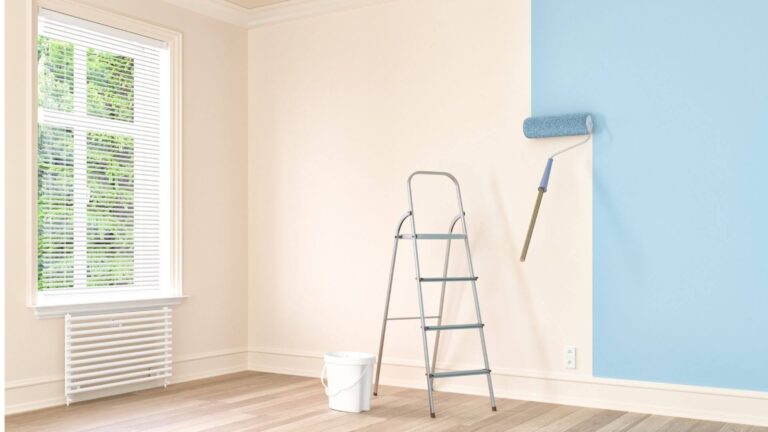Household trash bins are an essential component of our daily lives, helping us manage waste and maintain cleanliness within our living spaces. However, the cleanliness of these bins often gets overlooked, leading to potential health hazards, unpleasant odors, and pest infestations. Regular cleaning of house trash bins is crucial to ensure a hygienic living environment and promote overall well-being. In this article, we will delve into the reasons why cleaning trash bins is important, how often it should be done, and effective cleaning methods to adopt.
The Importance of Cleaning Trash Bins
- Health and Hygiene: Accumulated waste in trash bins can become a breeding ground for harmful bacteria, viruses, and germs that pose health risks to residents. Regular cleaning prevents the growth and spread of these microorganisms, reducing the likelihood of infections and illnesses.
- Odor Control: Lingering odors emanating from dirty trash bins can permeate the air inside and around your home, making it an uncomfortable living environment. Regular cleaning helps to eliminate unpleasant odors and ensures that your living space remains fresh and welcoming.
- Pest Prevention: Trash bins with leftover food scraps or residue can attract pests such as flies, rodents, and insects. These pests not only spread diseases but can also damage property. Cleaning bins regularly minimizes the chances of infestations and keeps your home pest-free.
- Environmental Impact: Overflowing and uncleaned trash bins can result in litter and debris ending up in the environment, contributing to pollution and harming wildlife. By maintaining clean bins, you contribute to a healthier environment and play your part in preserving nature.
How Often Should You Clean Trash Bins?
The frequency of cleaning your house trash bins largely depends on various factors, including the type of waste you dispose of, the weather conditions, and the size of your household. If you don’t want to get dirty, you can always hire a Garbage Can Cleaning Company. However, as a general guideline:
- Outdoor Bins: Outdoor trash bins, especially those used for kitchen waste, should ideally be cleaned once a month. This prevents the buildup of grime, bacteria, and odor. However, in warmer climates or during periods of high use, more frequent cleaning may be necessary.
- Indoor Bins: Indoor trash bins, especially those located in the kitchen, should be cleaned more often, approximately every two weeks. Given the proximity to living spaces, maintaining cleanliness here is crucial for overall hygiene.
Effective Cleaning Methods
- Preparation: Put on gloves and protective clothing before handling the bins. Gather cleaning supplies such as soap, water, a scrub brush, and a hose.
- Empty the Bin: Remove the trash bag and empty any remaining waste into a larger outdoor bin.
- Rinse: Use a hose to thoroughly rinse the bin, removing loose debris and residue.
- Cleaning Solution: Create a cleaning solution using warm water and a mild detergent or disinfectant. Use a scrub brush to thoroughly clean all surfaces of the bin, both inside and outside.
- Disinfection: For an extra layer of hygiene, use a disinfectant spray or solution to sanitize the bin. Be sure to follow the manufacturer’s instructions for proper use.
- Drying: Allow the bin to air dry in a sunny spot, as sunlight can help kill bacteria and odors.
- Lining the Bin: Before putting a new trash bag in the bin, consider placing a layer of newspaper or a liner at the bottom. This can help absorb liquids and make future cleanings easier.
Summary: How often trash bins should be cleaned
Regular trash can cleaning is an essential task that should not be overlooked. By prioritizing the cleanliness of your trash bins, you can create a healthier and more pleasant living environment for yourself and your family. Remember that the frequency of cleaning depends on various factors, but the benefits of a clean bin, including improved hygiene, odor control, pest prevention, and environmental responsibility, make it a task well worth the effort.




